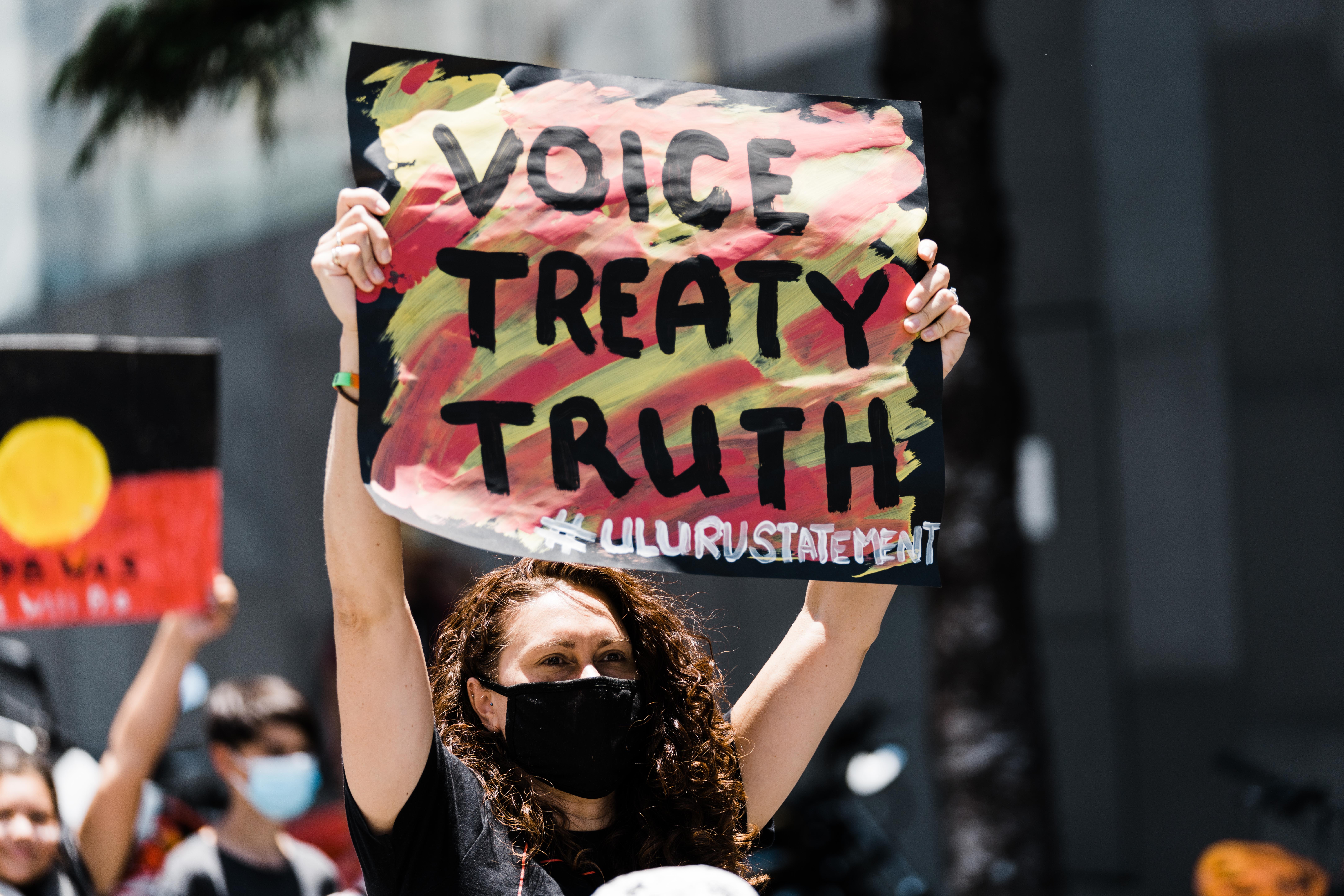Human Rights Day
What are human rights?
The Australian Human Rights Commission states that, “human rights recognise the inherent value of each person, regardless of background, where we live, what we look like, what we think or what we believe.”
They’re a set of universally recognised principles and many nations have implemented them into their own laws, including Australia. The rights encourage people to treat each other fairly and be able to make genuine choices that affect our day-to-day lives.
Why are human rights important?
Human rights serve many purposes and are important for various reasons. They help ensure everyone can have their basic needs met and protect vulnerable groups from exploitation and abuse.
Human rights are designed to protect people who stand up to societal corruption and advocate for equal opportunities. They also enforce freedom of speech and expression, and support people to practice any religion that they choose.
75 years of human rights
This year, the United Nations will celebrate the 75th anniversary of the Universal Declaration of Human Rights (UDHR). On this day in 1948, the General Assembly of the United Nations adopted this revolutionary international commitment.
Since its establishment, 75 years ago, the UDHR has become more recognised. It’s been signed by 192 member states and has been translated into more than 500 languages.
The theme for this year’s event is Dignity, Freedom and Justice for all. The United Nations hopes that this theme will allow us to increase our understanding and actions that support the knowledge and activism associated with the Declaration.
What are the rights?
There are 30 human rights.

The Declaration states that all humans:
- Are born free and equal;
- Are equal regardless of race, colour, sex, language, religion, politics, or where they were born;
- Have the right to safety;
- Have the right to be free from slavery;
- Have the right to be free from torture;
- Can be recognised before the law;
- Are all equal before the law;
- Have the right to seek justice if they feel their rights are violated;
- Have the right to freedom from arbitrary arrest, detention or exile;
- Have the right to a fair trial;
- Are to be presumed innocent until proven guilty;
- Have the right to privacy and freedom from attacks on their reputation;
- Have the right to freedom of movement and to be free to leave and return to their own country;
- Can seek asylum from persecution;
- Have the right to a nationality;
- Have the right to marry and have a family;
- Can own property;
- Have the right to freedom of thought, conscience and religion;
- Have the right to freedom of opinion and expression;
- Have the right to freedom of peaceful assembly and association;
- Can take part in government and have equal access to public service;
- Have the right to social security;
- Have the right to work, equal pay, protection against unemployment and the right to form and join trade unions;
- Have the right to rest and leisure;
- Can access a decent standard of living, including food, clothing, housing, medical care and social services;
- Can access an education;
- Can take part in and enjoy culture, art and science;
- Have the right to social and international order where the rights in the Declaration can’t be fully realised;
- Have a duty to other people and should protect their rights and freedoms; and
- Are protected against people who try to take their rights and freedoms away from them.
What are the rights of a child?
Just like adults, all children have rights. In 1989, the Convention on the Rights of the Child was established and it changed the way that children are viewed and treated. Since its inception, nearly 35 years ago, the mortality rate of infants has decreased and school enrolment has increased, globally. Despite these improvements, the United Nations recognises that more still needs to be done to improve child safety and wellbeing.
Check out the Convention on the Rights of the Child, below.

How everyone can protect their rights and the rights of others
Everyone has a role to play in protecting their own human rights and the rights of others. It starts with speaking up for matters that you care about. If something doesn’t feel right, use your voice to stand up for what is right.
Other ways that you can protect your rights and the rights of others include:
- Volunteering or donating to organisations like UNICEF who are supporting the rights of people around the world
- Choose fair trade and ethically made gifts
- Listen to the stories of other people
- Educate yourself on human right issues
- Vote in elections
- Stay up to date with social movements and use your knowledge and voice to educate others
- Stand up against discrimination.
Anglicare’s commitment
Anglicare Southern Queensland specialises in all of life services, including social services. For more than 150 years we’ve listened to and responded to the voices of vulnerable or disadvantaged members of the community to inform positive societal change.
Our organisation adheres to a set of values which are underpinned by factors that are set out in the UDHR and we respect people for their individual needs and circumstances. If you would like to learn more about the advocacy projects that we’ve been involved in, or get behind any of them, please visit the Advocacy page on our website.









